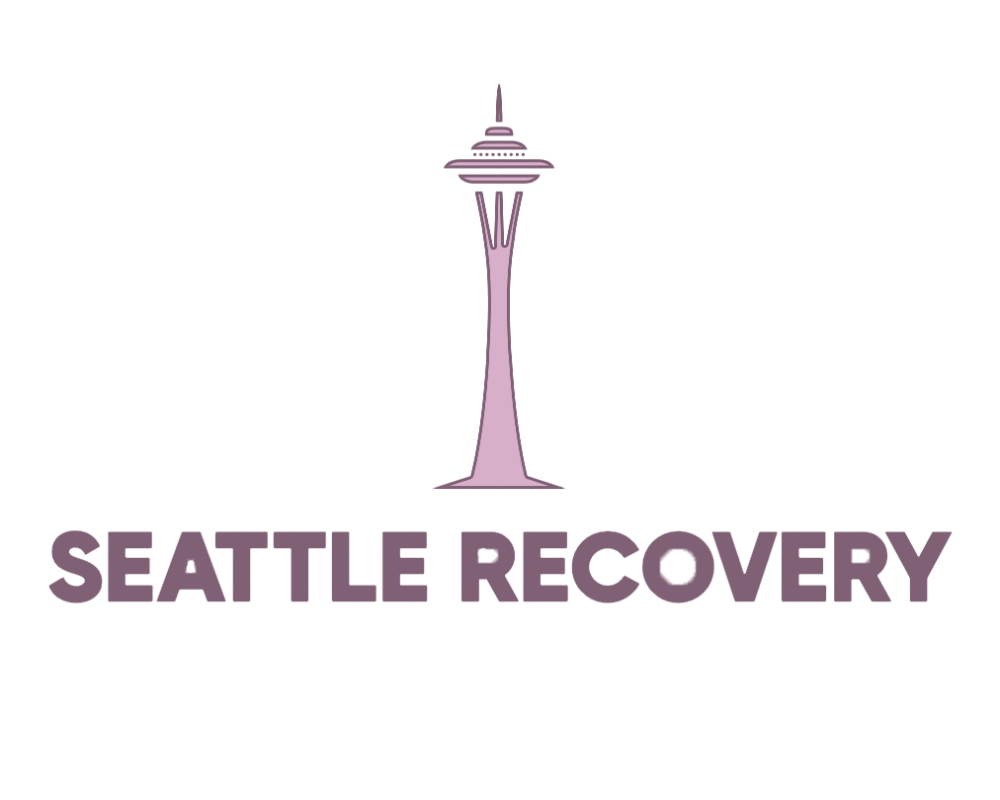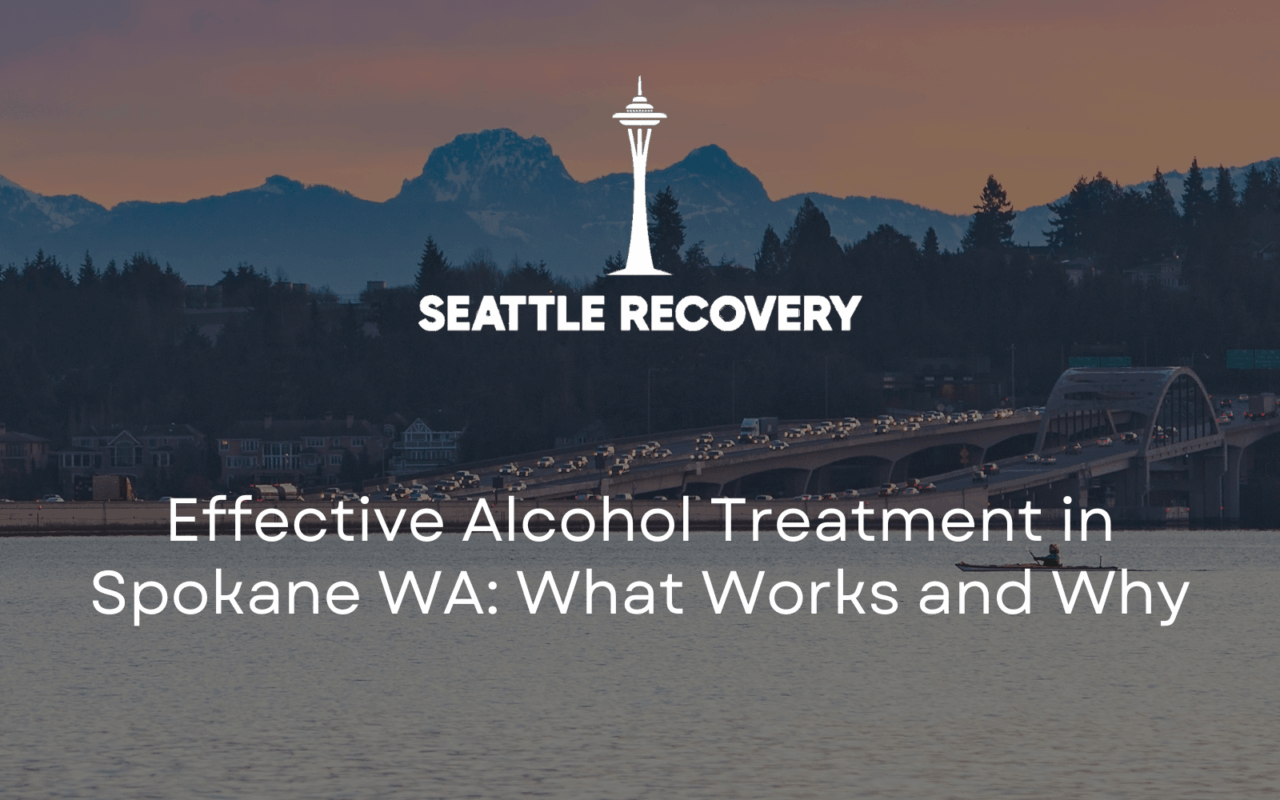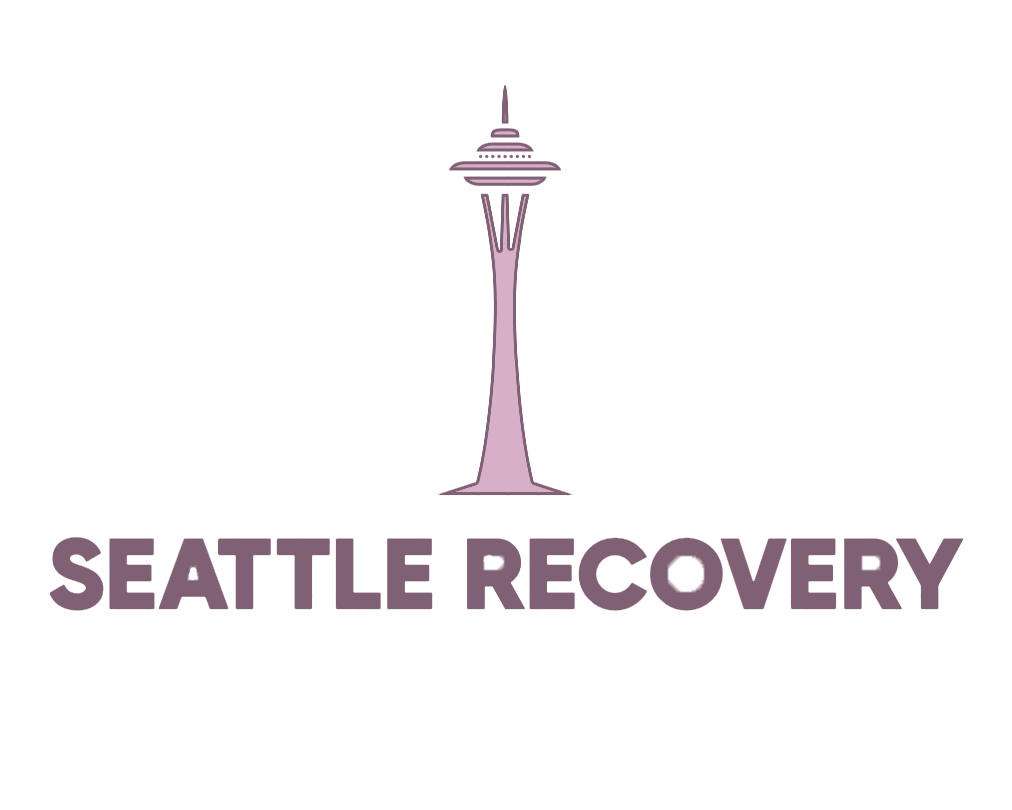When facing alcohol addiction, finding the right treatment approach can feel overwhelming. Fortunately, alcohol Treatment in Spokane WA offers comprehensive, evidence-based solutions that address the complex nature of addiction. Understanding what works and why can help individuals and families make informed decisions about recovery options that lead to lasting sobriety. The landscape of alcohol Treatment in Spokane WA has evolved significantly over the past decade, incorporating innovative therapeutic approaches alongside time-tested methods. Treatment centers throughout the region recognize that addiction is a multifaceted disease requiring personalized care that addresses physical, psychological, and social components of recovery.
The Foundation of Recovery: Intervention and Assessment
Effective alcohol treatment in Spokane WA often begins before an individual even enters formal treatment. The intervention process serves as a crucial first step in helping people recognize the severity of their addiction and the need for professional help. Addiction intervention represents a carefully orchestrated process designed to break through denial and motivate individuals to seek treatment. Professional interventionists in Spokane work with families to create structured conversations that emphasize love, concern, and consequences while avoiding blame or shame.
These interventions are most effective when they include specific treatment recommendations, immediate availability of care, and clear boundaries about what will happen if the person refuses help. The success of addiction intervention often depends on timing, the involvement of significant relationships, and the immediate availability of treatment options. Many Spokane treatment centers coordinate directly with intervention specialists to ensure seamless transitions from intervention to care, recognizing that the window of motivation following an intervention may be brief but powerful.
Medical Detoxification: The Critical First Phase
Alcohol treatment in Spokane WA begins with comprehensive medical assessment and, when necessary, supervised detoxification. The detox process requires medical oversight due to the potentially dangerous nature of alcohol withdrawal symptoms. Detox programs in Spokane provide 24-hour medical supervision to manage withdrawal symptoms safely and comfortably. Medical professionals monitor vital signs, administer medications to reduce discomfort and prevent complications, and provide nutritional support to address the physical toll of chronic alcohol use.
The duration of detox varies depending on factors such as length of alcohol use, amount consumed, overall health status, and presence of co-occurring mental health conditions. Spokane detox programs typically last three to seven days, with some individuals requiring extended medical monitoring. The goal extends beyond simply clearing alcohol from the system to stabilizing the individual physically and mentally for the next phase of treatment. Many programs incorporate holistic approaches during detox, including mindfulness techniques, gentle movement therapy, and nutritional counseling to support the body’s natural healing processes.
Comprehensive Treatment Approaches: Inpatient and Outpatient Options
The strength of alcohol treatment in Spokane WA lies in offering multiple levels of care to match individual needs and circumstances. Both inpatient and outpatient programs serve important roles in the recovery continuum.
- Inpatient treatment provides the highest level of structured care, typically lasting 30, 60, or 90 days depending on individual needs and insurance coverage. Residential programs offer 24-hour supervision, intensive therapy, medical monitoring, and a controlled environment free from triggers and temptations. Participants engage in daily individual and group therapy sessions, educational workshops about addiction and recovery, recreational therapy, and life skills training.
- Outpatient treatment offers flexibility for individuals who need to maintain work, school, or family responsibilities while receiving care. Intensive outpatient programs (IOP) typically require 9-15 hours of treatment per week, including individual therapy, group sessions, and educational components. Standard outpatient programs may involve 3-6 hours per week and are often used as step-down care following inpatient treatment or as primary treatment for individuals with strong support systems and lower risk factors.
Specialized Residential and Transitional Living Programs
Alcohol treatment in Spokane WA recognizes that some individuals need extended support beyond traditional inpatient programs. Specialized residential options bridge the gap between intensive treatment and independent living.
- Transitional living programs provide structured sober housing with built-in support systems, accountability measures, and gradual increase in independence and responsibility. Residents typically participate in house meetings, maintain employment or education, contribute to household responsibilities, and follow strict sobriety requirements with regular drug and alcohol testing. These programs usually last 3-12 months and help individuals develop life skills, build sober social networks, and establish routines that support long-term recovery. The community aspect of transitional living creates natural peer support and accountability that many find invaluable during early recovery.
- Residential treatment encompasses longer-term therapeutic communities that focus on comprehensive lifestyle change and personal growth. These programs often last six months to two years and emphasize community living, work therapy, educational advancement, and deep psychological healing. Residents participate in intensive therapy, skill-building activities, community service, and structured recreation while living in a supportive, substance-free environment. The extended timeframe allows for addressing underlying trauma, developing emotional regulation skills, and practicing recovery tools until they become second nature.
Evidence-Based Therapeutic Interventions
Modern alcohol treatment in Spokane WA incorporates multiple therapeutic modalities that have demonstrated effectiveness in treating alcohol addiction. These evidence-based approaches address different aspects of addiction and recovery.
- Cognitive Behavioral Therapy (CBT) focuses on identifying and changing thought patterns and behaviors that contribute to alcohol use. Therapists help individuals recognize triggers, develop coping strategies, challenge distorted thinking, and build problem-solving skills. CBT techniques include thought records, behavioral experiments, role-playing, and homework assignments that reinforce learning between sessions. The structured, goal-oriented nature of CBT makes it particularly effective for addiction treatment, as it provides concrete tools individuals can use immediately to manage cravings and avoid relapse.
- Dialectical Behavior Therapy (DBT) teaches four core skill sets: mindfulness, distress tolerance, emotion regulation, and interpersonal effectiveness. Originally developed for borderline personality disorder, DBT has proven highly effective for individuals with addiction, particularly those who struggle with emotional dysregulation or self-destructive behaviors. The mindfulness component helps individuals observe thoughts and feelings without judgment, while distress tolerance skills provide alternatives to drinking when facing emotional pain. Emotion regulation skills help identify and manage intense feelings, and interpersonal effectiveness training improves relationships and communication.
- Eye Movement Desensitization and Reprocessing (EMDR) addresses underlying trauma that often contributes to alcohol addiction. Many individuals with substance use disorders have histories of trauma, abuse, or other adverse experiences that drive drinking behaviors. EMDR uses bilateral stimulation (typically eye movements) while processing traumatic memories to reduce their emotional charge and help integrate the experiences in healthier ways. This approach can be particularly powerful for individuals whose alcohol use began as a way to cope with unresolved trauma or PTSD symptoms.
Individual and Group Therapy: Building Support Networks
Alcohol treatment in Spokane WA emphasizes both individual and group therapy as essential components of comprehensive care. Each modality offers unique benefits that contribute to successful recovery outcomes.
- Individual therapy provides personalized attention to address specific needs, underlying issues, and individual goals. Therapists work one-on-one with clients to explore personal history, identify triggers and patterns, process emotions, and develop customized coping strategies. The private setting allows for deeper exploration of sensitive topics, trauma processing, and development of personalized relapse prevention plans. Individual sessions can be tailored to incorporate various therapeutic approaches based on what works best for each person.
- Group therapy offers peer support, shared experiences, and opportunities to practice new skills in a safe environment. Participants learn from others who understand the challenges of addiction, receive feedback and encouragement, and develop social skills that support sobriety. Group settings provide accountability, reduce isolation and shame, and create opportunities for service and helping others. Many Spokane programs offer specialized groups focusing on specific topics such as anger management, relationships, spirituality, or co-occurring disorders.

Relapse Prevention: Building Long-Term Success
Effective alcohol treatment in Spokane WA recognizes that preventing relapse requires ongoing attention and skill development throughout the recovery process and beyond formal treatment.
- Relapse prevention involves identifying personal risk factors, developing comprehensive coping strategies, creating detailed action plans for high-risk situations, and building strong support networks. Individuals learn to recognize early warning signs of potential relapse, including changes in thinking patterns, emotional states, behaviors, and social connections. Comprehensive relapse prevention planning includes identifying specific triggers, developing multiple response strategies for each trigger, creating accountability systems, and planning immediate actions to take if warning signs appear.
Mentoring Programs: Peer Support and Guidance
Alcohol treatment in Spokane WA increasingly incorporates peer support and mentoring as powerful tools for sustained recovery. These programs connect individuals in early recovery with those who have achieved longer-term sobriety.
- Mentoring programs pair newcomers with experienced individuals in recovery who can provide guidance, support, and practical advice based on their own experiences. Mentors serve as role models, accountability partners, and sources of hope during challenging times. The mentoring relationship often begins during treatment and continues after discharge, providing crucial support during the transition to independent living. Effective mentoring programs include training for mentors, clear boundaries and expectations, regular supervision, and structured activities that facilitate meaningful connections.
Family Support: Healing Relationships
Addiction affects entire families, and alcohol treatment in Spokane WA recognizes the importance of including family members in the recovery process. Family involvement can significantly improve treatment outcomes and long-term success.
- Family support components include education about addiction as a disease, communication skills training, boundary setting, and addressing codependency issues. Family therapy sessions help repair damaged relationships, improve communication patterns, and develop healthy ways of supporting recovery without enabling. Many programs offer family support groups where loved ones can share experiences, learn from others, and develop their own coping strategies. The goal is to create a family system that supports sobriety while maintaining healthy relationships and individual well-being.
Alumni and Ongoing Mentoring: Sustaining Long-Term Recovery
Alcohol treatment in Spokane WA extends beyond formal treatment through comprehensive alumni and ongoing mentoring programs that recognize recovery as a lifelong process requiring continued support and growth.
- Alumni programs maintain connections between treatment centers and graduates, providing ongoing resources, support groups, social activities, and continued learning opportunities. These programs often include regular alumni meetings, social events, volunteer opportunities, and access to additional services as needed. Alumni frequently serve as mentors for current clients, sharing their experiences and providing hope and inspiration. Many programs track alumni progress over time, providing data on long-term success rates and identifying factors that contribute to sustained recovery.
- Ongoing mentoring programs continue the peer support model beyond initial treatment, recognizing that recovery challenges and growth opportunities continue throughout life. These programs may include step-study groups, recovery coaching, spiritual mentoring, and career guidance. The longitudinal nature of these relationships provides stability and continuity that many find essential for maintaining sobriety through life’s inevitable challenges and transitions.
Conclusion: A Comprehensive Approach to Lasting Recovery
Alcohol treatment in Spokane WA offers a comprehensive continuum of care that addresses the complex, multifaceted nature of alcohol addiction. From intervention and detox through long-term alumni support, effective treatment programs recognize that recovery is a process requiring multiple interventions, ongoing support, and personalized approaches.
The most successful alcohol treatment in Spokane WA programs integrate evidence-based therapies with peer support, family involvement, and long-term aftercare planning. By addressing physical, psychological, and social aspects of addiction, these comprehensive approaches provide individuals with the tools, support, and resources necessary for achieving and maintaining lasting sobriety.
Recovery is possible, and alcohol treatment in Spokane WA continues to evolve and improve, offering hope and healing for individuals and families affected by alcohol addiction. Don’t wait any longer and reach out to our staff today by calling 1 (206) 231-0252 or visiting our website. The combination of professional expertise, proven therapeutic approaches, and strong community support creates an environment where lasting recovery can flourish.







